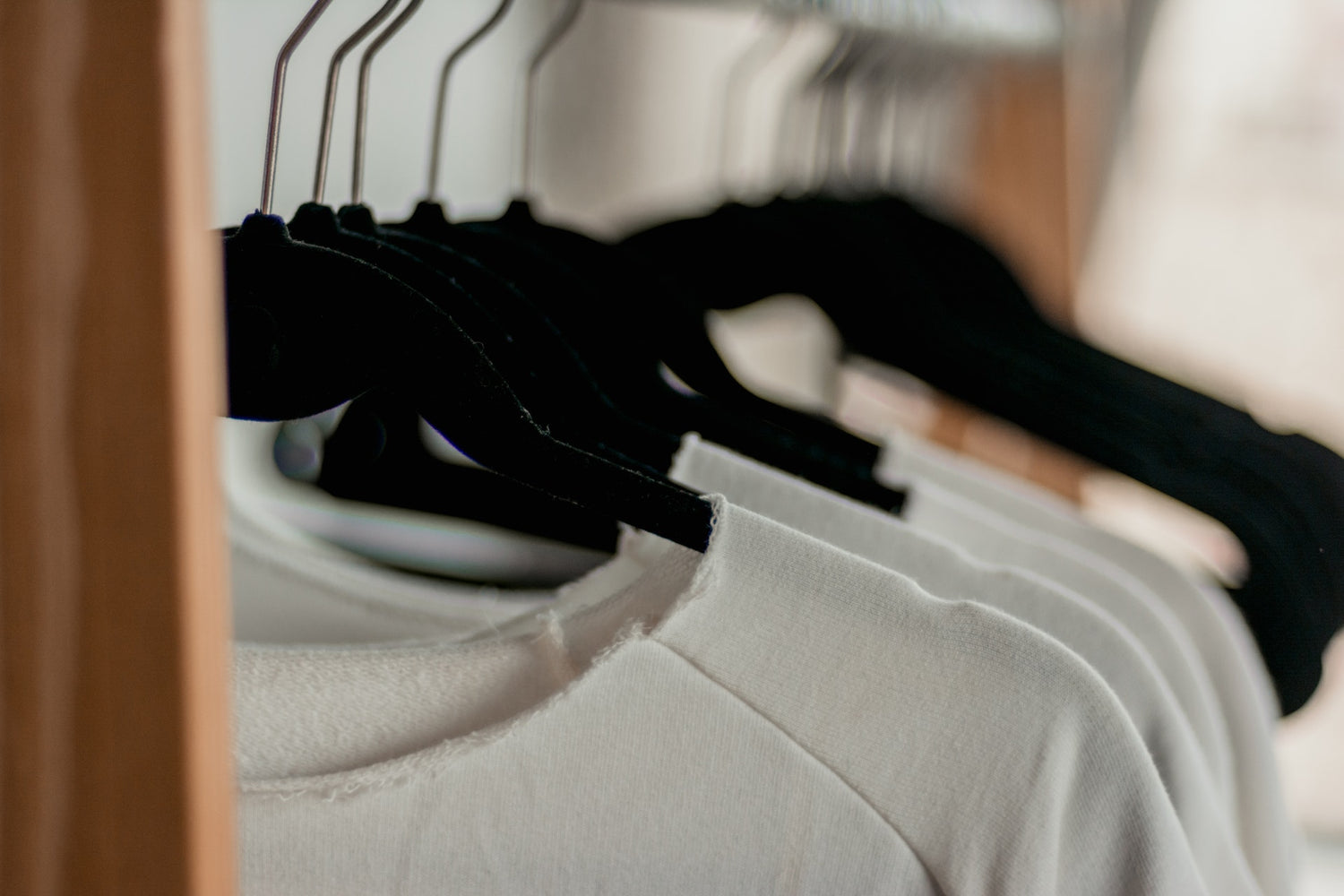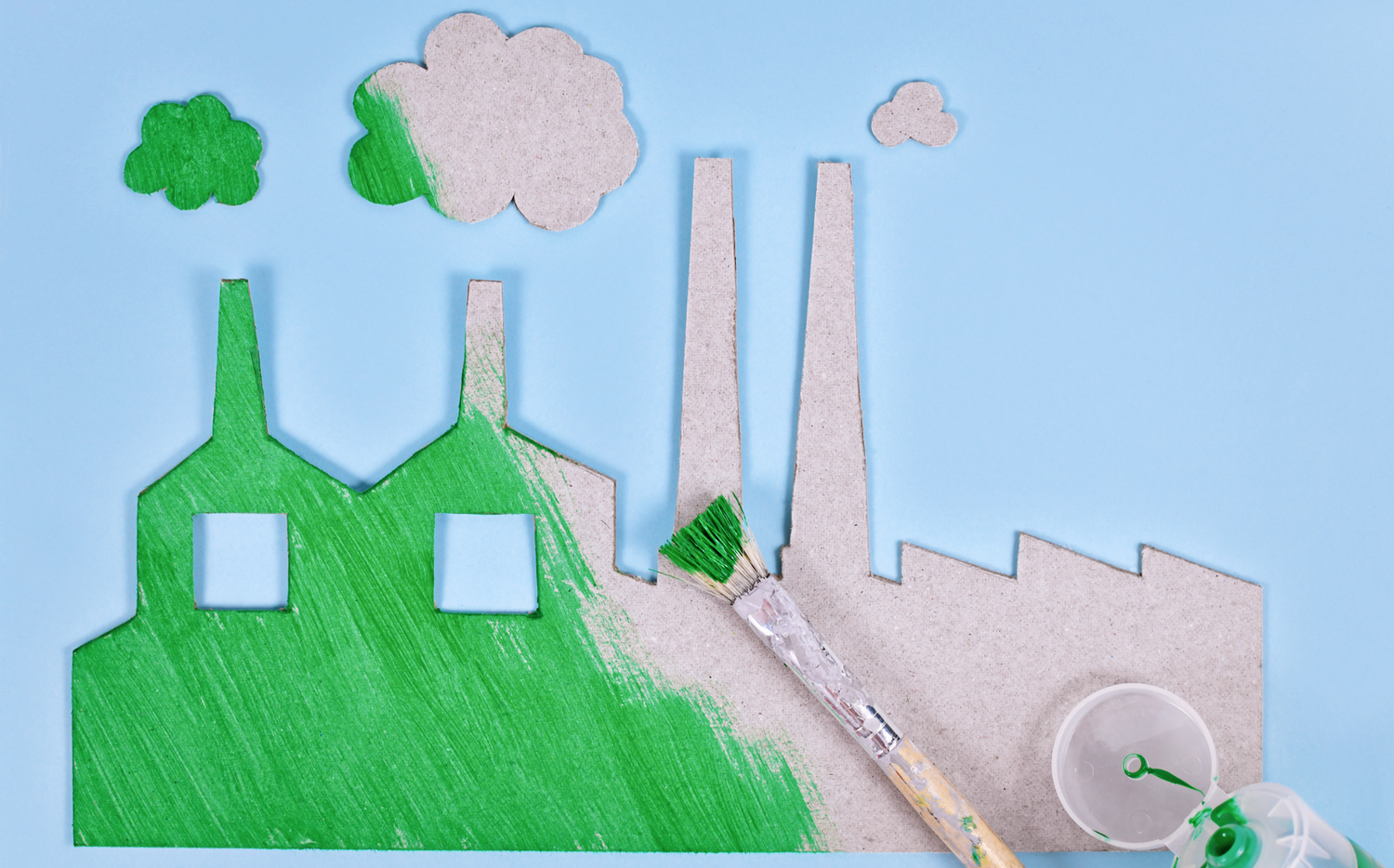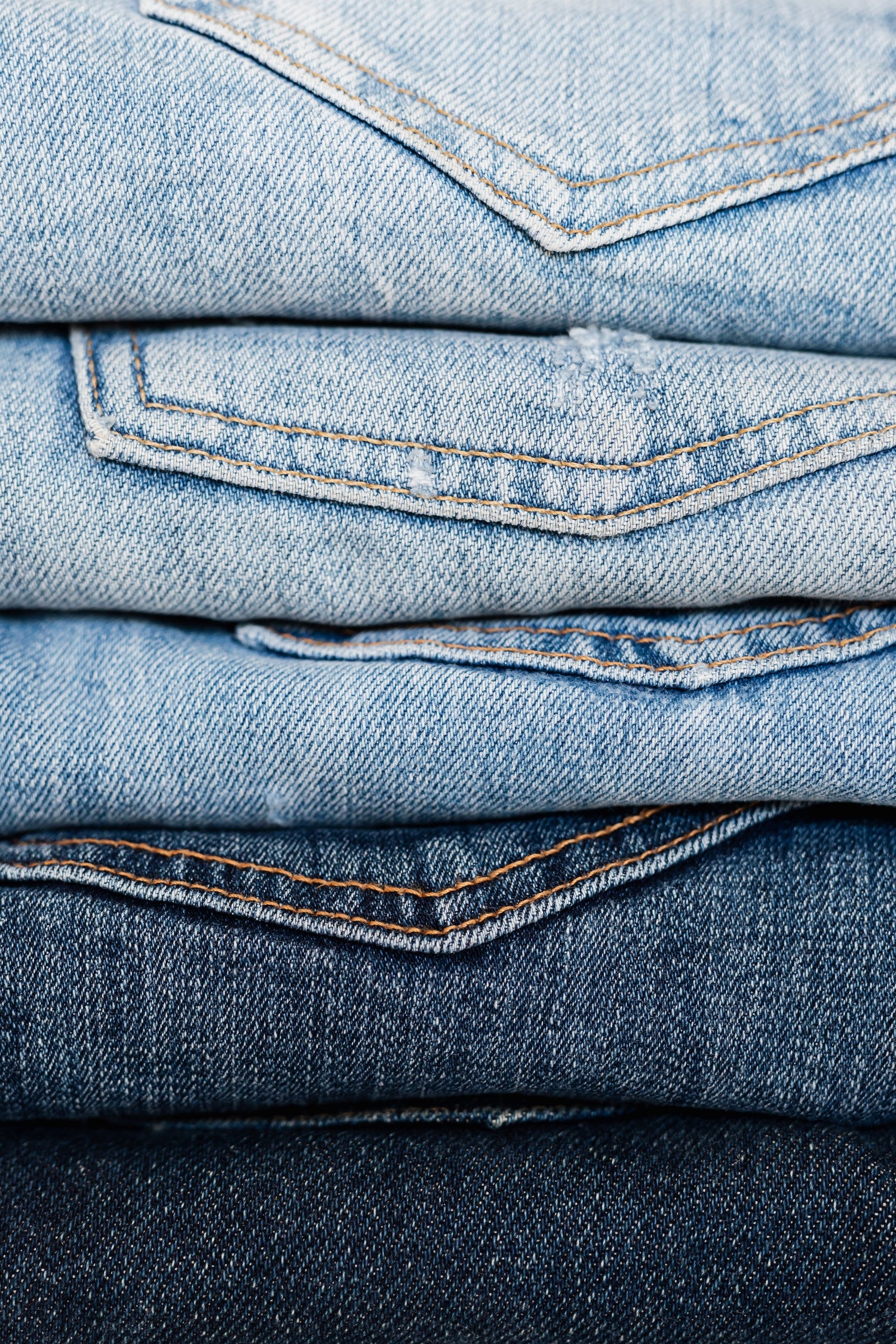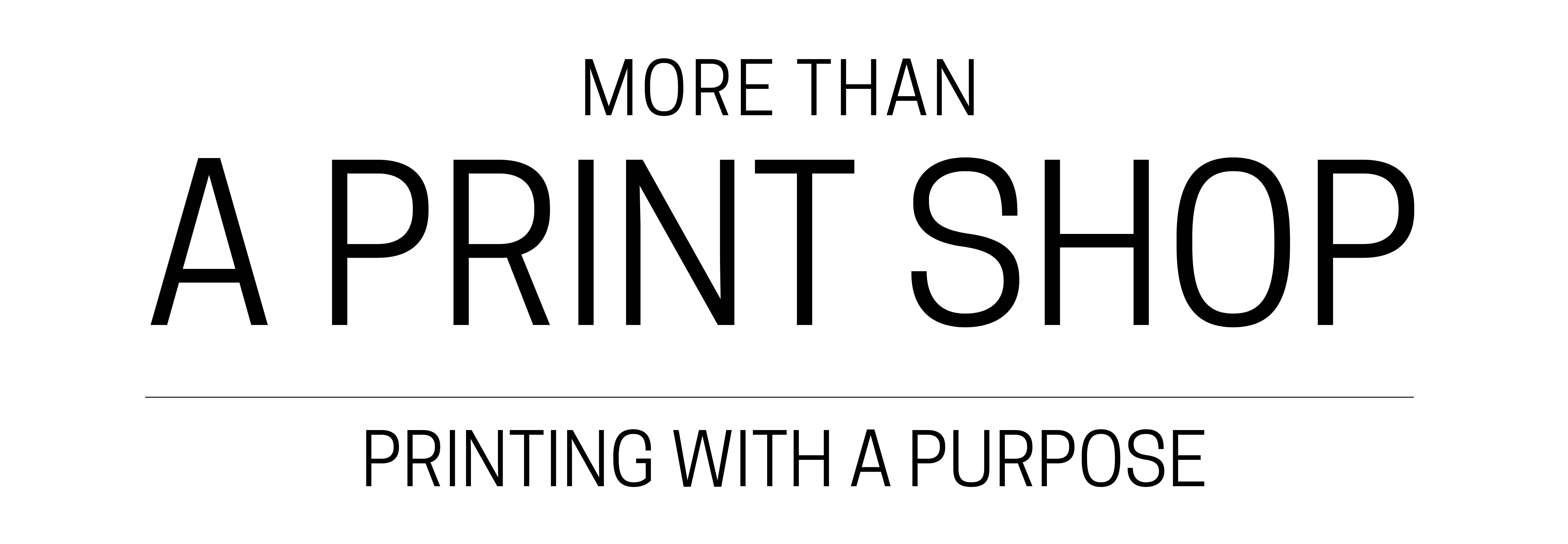Why Ethical Matters

Forced Labour
Did you know that human trafficking is more rampant now than at any other point in history? There are currently over 40 million people enslaved worldwide. Slavery comes in many forms, with one of the most common being forced labour.
"Forced labour is all work or service which is exacted from any person under the threat of a penalty and for which the person has not offered himself or herself voluntarily." -ILO
Few industries have more forced labour than the garment industry. Workers are put into a position where they must work to not only feed their families, but because their employer often has leverage over them.

The Conditions
Garment factories, or "sweat shops" hold some of the worst working conditions of any industry. Workers are subjected to long hours with little to no pay, exposure to toxic chemicals with little to no ventilation, cramped working conditions, dangerous machinery and often old, unsafe buildings.
Many workers in these poor and dangerous conditions are children. A factory is no place for a child, but families sometimes have no choice but to send their children to work instead of to school. They may need to in order to support the family and put food on the table, or to pay off a debt. Children are at a much higher risk for injury than adults in a factory, and while most countries have laws against children working, it regularly happens within the garment industry.

Greenwashing
"Greenwashing" is a term that is becoming more and more common for all the wrong reasons.
"Greenwashing is an attempt to make peple believe that your company (organization) is doing more to protect the environmant than it really is." (Cambridge Dictionary)
This has become a common practice in the garment industry, and in an attempt to be seen as environmentally conscious, many big brands have come out with "environmentally friendly" clothing lines that are far from it.
Greenwashing is a problem because it is an attempt to mislead consumers into buying products that are not what they seem. This in turn has made it very difficult for consumers to discern which companies are truly taking steps towards sustainability and caring for the environment.

The Alternative
Although it can be difficult to find truly ethical brands, it is possible. We are committed to helping change the way the textile industry operates. There is a true cost to everything, and we ensure that every person who has had a hand in the final product we sell has been fairly paid for their work and kept safe throughout the process.
Our suppliers have taken the lead in sustainability in the garment industry. From using recycled and upcycled materials in their apparel, to sourcing local and limiting emissions at every turn, our suppliers are committed to doing their part. We have followed their lead not only in using their products, but by limiting and using recycled and environmentally friendly packaging.
